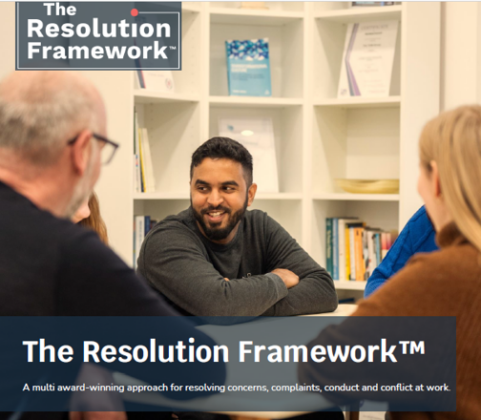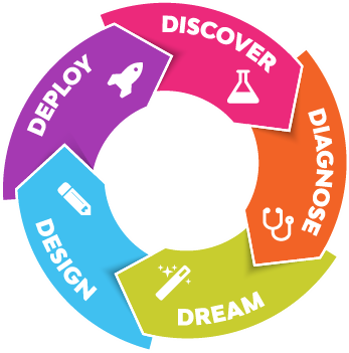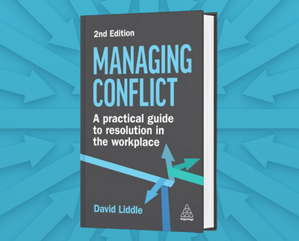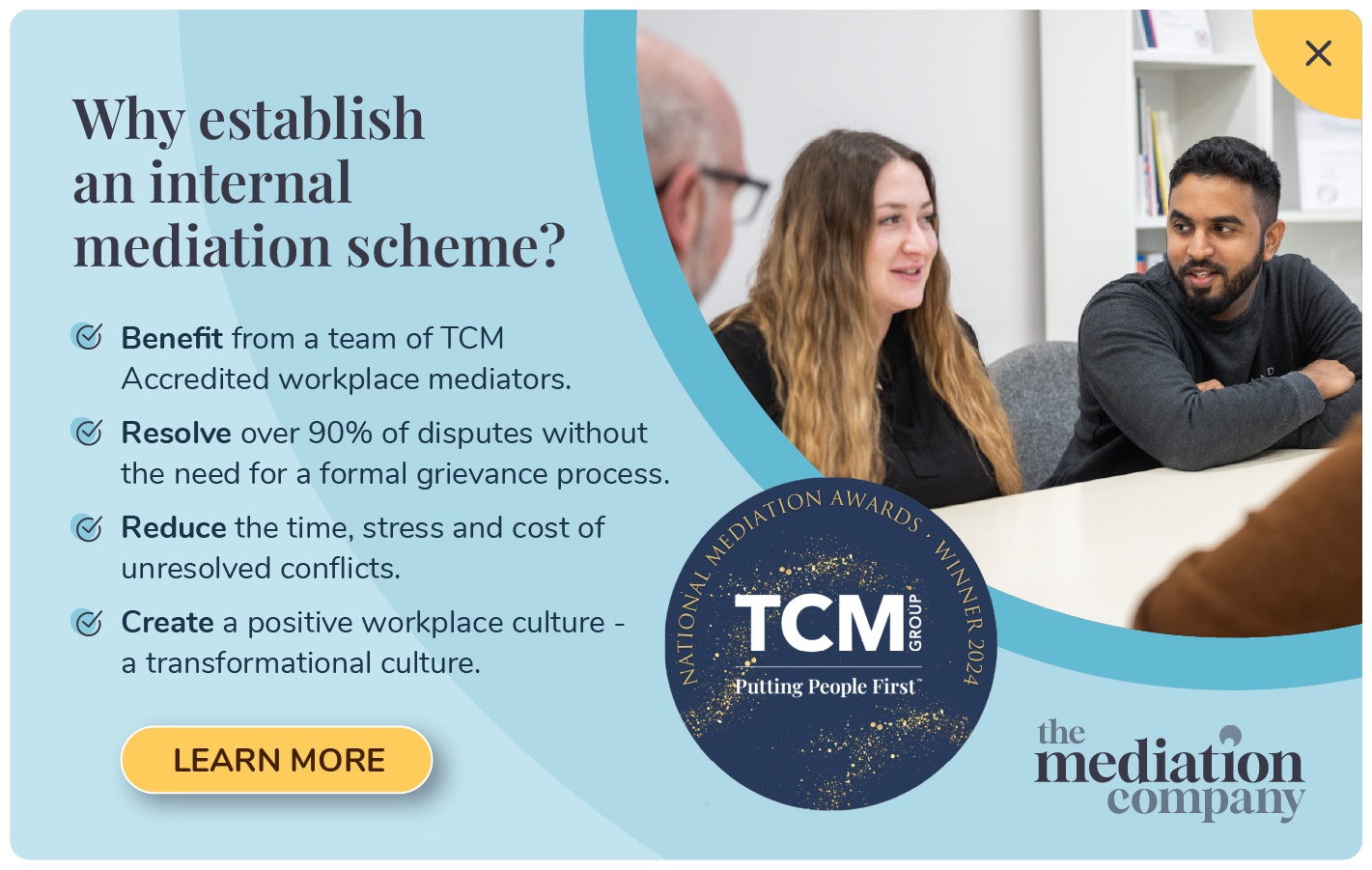Frequently Asked Questions
This section contains answers to many of the questions that we get asked every day.
Some of our most frequently asked questions
The Resolution Framework™ has been designed to replace the full suite of HR/people policies covering discipline, performance, grievance, bullying and harassment. However, some organisations begin their Resolution Journey by replacing their grievance, bullying and harassment (GBH) policies only. After an initial testing (pilot) period, they extend the Framework to cover the other HR policy areas including discipline and performance. At TCM, we recognise that there is no right or wrong way to apply the Resolution Framework™.
Whilst we believe that The Resolution Framework™ works best, and has the greatest impact, when it is used replace the entire suite of traditional HR/people policies, we have designed a series of tried and tested pathways that are suitable for all organisations – including those who wish to replace their GBH procedures only. For more details of the various resolution pathways, and to discuss your requirements with an impartial expert, please contact the TCM Resolution Helpline on 0800 059 0595.
The best way to prevent a harmful and costly conflict from escalating is to have a direct conversation with the other person, promptly. The parties involved may be motivated to engage in such a discussion of their own accord. However, many find this difficult and may even be fearful of meeting with a person with whom they are involved in a dispute.
In such cases, support from an impartial third party can be a highly effective tool. Well trained managers will spot the signs of conflict early on, and support their employees in discussing their issues. Where conflicts have further developed, a more formal process such as a facilitated conversation or mediation may be required. The mediator or facilitator’s role is to guide a conversation, in which issues are aired and discussions are structured towards a favourable solution for all.
Ideally, it would be good to introduce the Framework as one project to ensure full alignment of practice and policy across the whole organisation. However, we recognise that not every organisation can make such a full transition and our Launchpad products offer quick wins for organisations when it comes to implementing early and informal resolution practices.
The Resolution Framework™ is full customisable and its implementation process will always be designed in a way that best supports the organisation’s needs and capacity for change.
The benefits of implementing a Resolution Framework extend far beyond its impact within the resolution processes alone. You’ll build a workplace culture where positive and constructive behaviours are the norm. Employees will take a personal responsibility for tackling their own issues and will become more resilient to future disputes.
The stress and financial costs associated with resolving issues will be greatly reduced. You’ll free up HR and management time, and incur a significantly reduced risk of subsequent litigation and reputational harm.
In short, yes. The framework meets and exceeds all the requirements expected by Employment Tribunals who will apply three tests in relation to cases they hear. Those three tests are:
- Has natural justice of fairness, equity and inclusiveness been applied? The Resolution Framework embodies Natural Justice; it incorporates throughout its entire flow approaches which promote fairness, justice, and inclusiveness.
- Did the organisation follow its own policy and procedures? If the organisation has set up a Resolution Policy as part of its Resolution Framework™ or approach, clearly setting out how the process for resolution will work and ensuring it has followed the procedural steps to resolution, then it will have fully complied with the second test.
- Were the employee’s statutory rights fully respected? Yes – the Resolution Framework™ enables employees to raise issues through the Request for Resolution and in the Formal Resolution, those rights are fully and explicitly encompassed.
For clarity, those rights are:
- The right to raise an issue with the employer.
- The right to be accompanied at a formal meeting.
- The right to an appeal.
Yes, you can. The Formal Resolution meeting process allows for suspension when that is considered by the Resolution Unit as a necessary step to take and one outcome of the meeting could be a dismissal.
However, after the formal meeting prior to any outcome being decided, the focus is around restorative justice with dismissal only used as last resort and deeply considered before being applied.
It is strongly recommended that those who run formal mediation or facilitated conversations are fully trained and have had the opportunity to apply those skills in a training space before conducting a ‘real’ mediation or facilitated conversation.
We offer a range of training courses to meet all needs – from a basic introductory level, right the way through to the OCN-accredited National Certificate in Workplace Mediation™.
It is not always possible to avoid escalation of issues, but with training managers and supervisors can hold confident and courageous conversations locally, which can very often resolve matters quickly, fully, and without the need for further intervention.
We have a range of training courses, such as the CPD accredited Confident Conversations™ which, along with other interventions such as coaching, can support managers and supervisors to acquire the skills necessary to address matters locally with confidence.







